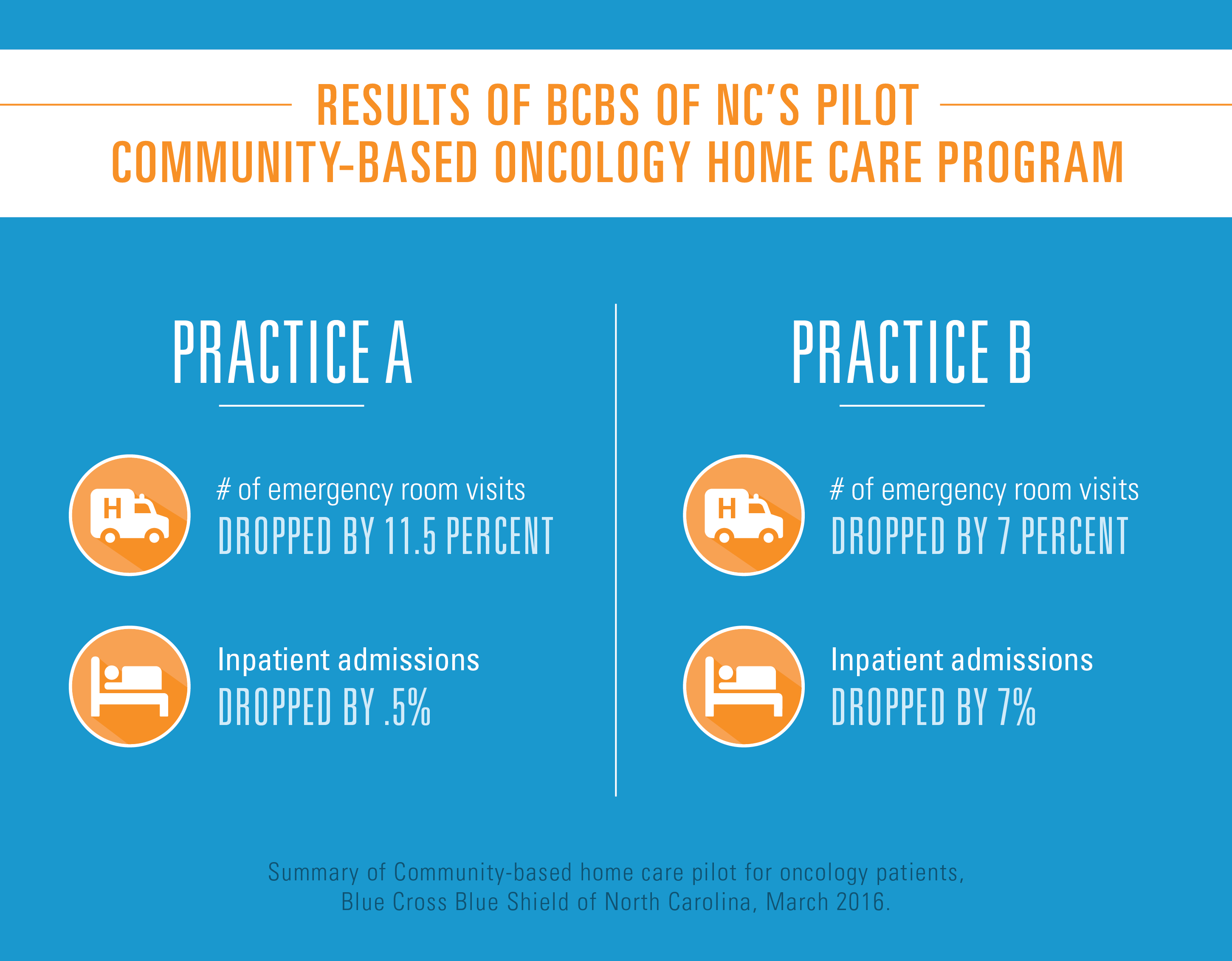We can. I can: A global effort to improve lives affected by cancer

The global burden of cancer can sometimes have people at a loss for how they as individuals can help others in their struggle against the disease that claims the lives of half a million Americans each year. World Cancer Day—on February 4—is a reminder that we all play a role in helping individuals and their families prevent, manage and survive a cancer diagnosis. The day’s theme of “We Can. I Can,” is a reminder that individuals, policymakers, community leaders and healthcare professionals can all work together for better treatment, care and outcomes.
How? We can work with our employers to create healthy work environments and promote healthy behaviors. We can work to make sure that evidence-based treatments that best meet an individual patient’s needs are the basis of care. We can make it easier for people to access timely cancer care that provides support and empathy along the patient journey.
More and more doctors and healthcare professionals are also taking simple steps to help patients cope during the course of their disease so they are able to lead more comfortable lives.
Blue Cross and Blue Shield of North Carolina found a way to take a few simple steps to have a positive, comforting impact on patients. On evenings and weekends, when oncologists’ offices were closed, the company found that cancer patients who faced side effects from chemotherapy treatments, such as dehydration and nausea, were left with no choice but to seek care from the emergency room.
So it developed a pilot program that put cancer caregivers directly in the patient’s home. Case managers worked with the oncologists to identify patients who were most at risk for side effects and emergency room visits during off hours, and visited those patients to make sure they had proper treatments, provided physical therapy and checked the home for safety hazards.
The results were uplifting. In one oncology practice, emergency room visits dropped by nearly 12 percent and in another, by 5 percent. At a second practice, patients stayed out of the hospital, with inpatient visits falling by as much as 7 percent.

After three months of success, the Plan decided to broaden the program to other cancer patients in North Carolina.
That’s the kind of compassionate, forward thinking that can help achieve the goals of World Cancer Day.
